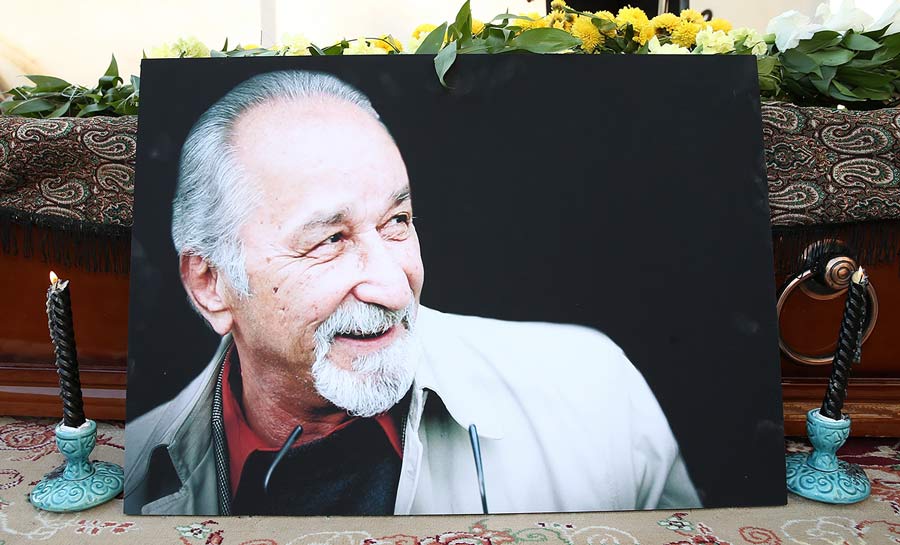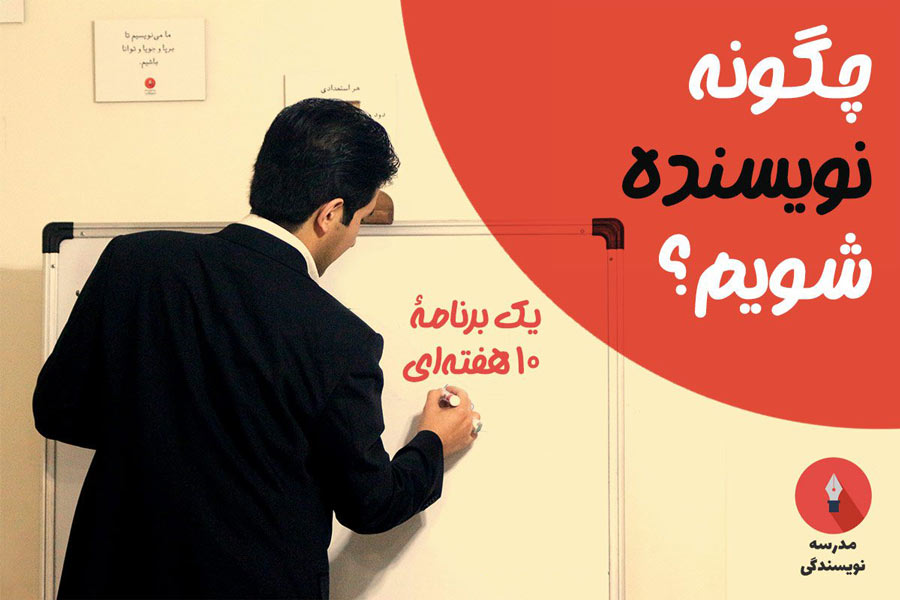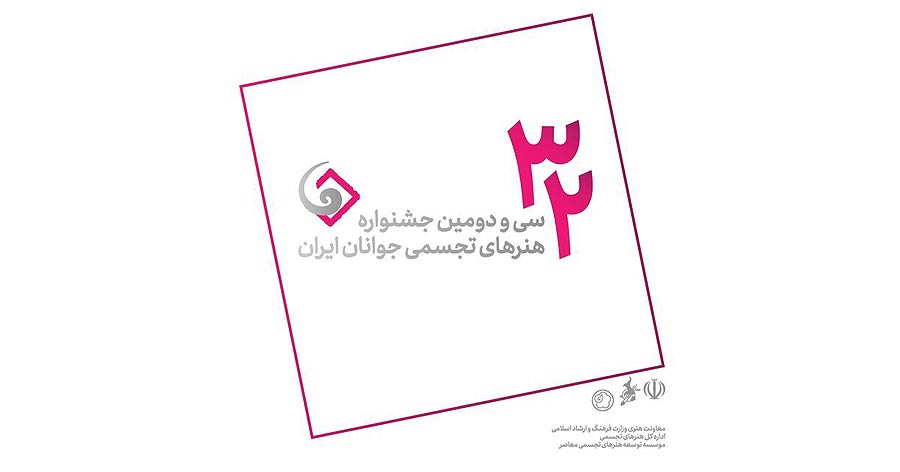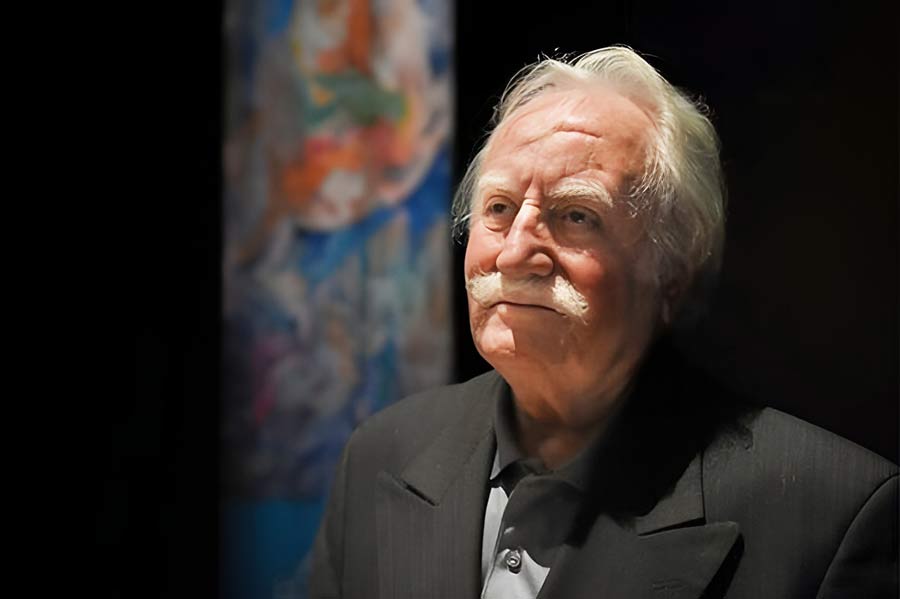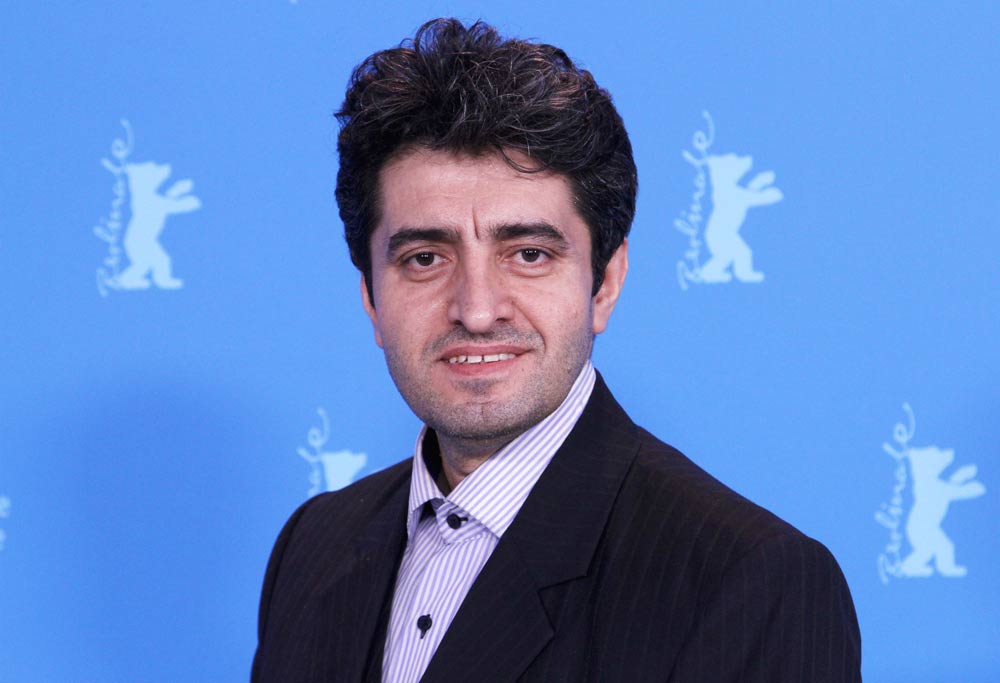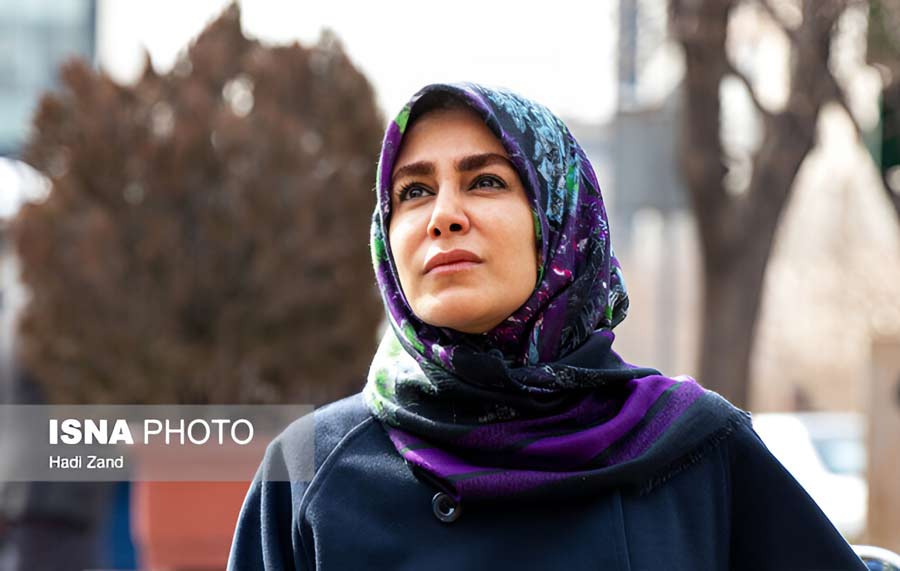Children’s Cinema should not be limited to a few artists
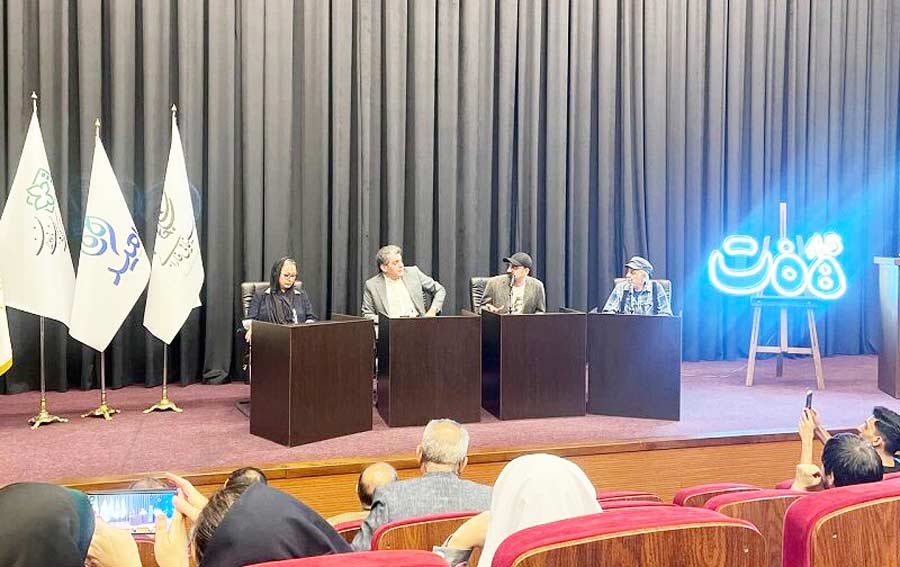
The second meeting in the “Seventh Order” series was hosted by the Farabi Cinema Foundation and attended by Reza Babak, Babak Nekoei, and Azita Hajian, and was chaired by Amir Mashadi Abbas.
According to Artmag.ir, citing IRNA, Azita Hajian said at the meeting: Children’s cinema needs to create a flow because in the past, the life of this cinema depended on individuals, without whom the production system would fail.
She added: Where are Abbas Kiarostami and Majid Majidi now? The problem is that the production system in cinema was based on their compassion and thinking. When they disappear one by one or get tired, the production system should not fail.
Hajian explained: If the system thinks that today’s grains will become golden wheat ears, this will not happen. Teenagers are like seeds, and tomorrow they will be the women and men who must lead society. Which of the old filmmakers who made films for children are now trying to make films for children? Production should not depend on anyone, it should depend on a flow.
The mobile phone is the lover of today’s teenager
The children’s theater director stated: “You can’t compare today’s teenager with yesterday’s teenager. Today’s teenager has a lover, and that is his mobile phone. You have to compete with this.”
She continued: “What kind of film do you want to make that will attract a child who is active on Instagram from morning to night? Where can you touch his brain? You have to be very aware of what the audience is dealing with, you have to have an ace to attract the child. We have to put children in the lifeboat of art, armed with progress and technology.”
Regarding the success of global works, Hajian said: “The secret to the longevity of global works is their imagination and attractiveness. Many of Tim Burton’s concepts are imaginary and unrealistic, but because they are attractive and take on an attractive form in the child’s imagination, they succeed.”
Art shapes humanity
Reza Babak, in response to the question of why children’s cinema could not repeat its previous success, said at the meeting: Because adult cinema could not have its previous success either. Look, adult cinema was also a good and healthy cinema in the distant and near past. We have and will have great people in all fields in IRAN.
He added: We learned a lot from Abbas Kiarostami and Mohammad Reza Aslani. The Center for The Center for the Intellectual Development of Children and Youth, was a place that turned many into filmmakers. Many also became great musicians. Hossein Alizadeh had a class at the Center and worked with children on rhythm and instruments.
This veteran actor said about the reason why children’s works of the past were not produced with the quality of the past: Our entire group had problems with the Center. Because we took theaters to hospitals or even performed for the blind. We had good performances. The Center wanted us to perform in certain places. We were students, and students are a bit left-handed. We were not willing to perform everywhere and for certain people.
He continued: We always get together and say our wishes and go, but nothing special happens. We have a project, we have a subject, we can still act. If we are in the same bed, we can act better than a new actor.
Reza Babak, referring to the importance of art, said: Art is humanizing; I always tell children that whatever they do, they should take an art class, whether it is music or painting or sculpture. Art makes people human.
He added: All children who work in music sit beautifully on chairs, speak beautifully and hold their heads high. Places like Farabi or other institutions should provide this opportunity.
In response to why characters or active content are not believable, the actor explained: The artist must first believe in the subject and character in order to present it believable. An actor is very careful in types, the way they walk, etc. Watching and listening to works of art is important. Every generation should see Swan Lake and should listen to Beethoven’s symphonies.
The transfer of experience from the old generation to the new has not taken place
Babak Nekoei, an animation director, said about the challenges of current production in children’s cinema: Our generation grew up with the works of these greats and has memories with them. What was gathered in the previous generation in storytelling, narration and choice of subject has not been transferred and the transfer of experience has not taken place.
He added: Children are looking for entertainment and teenagers are looking for identity; therefore, we cannot say children’s and teenagers’ cinema. From the very beginning, children’s cinema should be separated from teenagers’ cinema. The important point is that in serious stories related to teenagers, parents are not present.
From Majid’s stories to Golnar’s, all of these are a bunch of teenage stories, none of which have parents; because teenagers are looking for a separate identity.
Babak Nekoei continued: Children should be entertained and learn a little. So we should not look for a moral message for children. It is teenagers who are looking for identity. They are changing from childhood to adulthood. Therefore, the presence of parents creates a disturbance, so parents are removed so that the teenager can seek his own identity; for example, Moana must leave her family for the hero’s journey, or Sinbad would not have been allowed to travel if his parents were present.
We are more involved in technique than content
Nekoei, pointing out that the main problem is in storytelling, said: Our problem is that we have not learned storytelling. We do not know the main patterns of storytelling for children. We do not know what research is. We have abandoned the work at its basics and do not know the basic concepts.
This animation director also explained the challenges of using artificial intelligence: Our generation has become so involved in technique that we have moved away from the essence and foundation of the content. We have given so much importance to technique that we have not given importance to the story and narrative. The one who tells a story well wins. Chat JBT is now our new problem. Producers who go to Chat JBT to give them good ideas. Now Chat JBT is doing the thinking, not us artists.
Amir Mashhadi Abbas, who was the secretary of the meeting, also admitted: In one year, 16 children and youth films were produced, and 13 of them were archived. Why is someone whose concern is producing child labor unemployed, but someone who was a war film producer has come and become a children’s film producer?
He added: “Why should we corrupt ourselves with sponsorship to produce children’s and adolescent films, only to end up saying that salt puffs are a good thing? Too often we corrupt ourselves with sponsorship, while our children and adolescents want a healthy product.”



